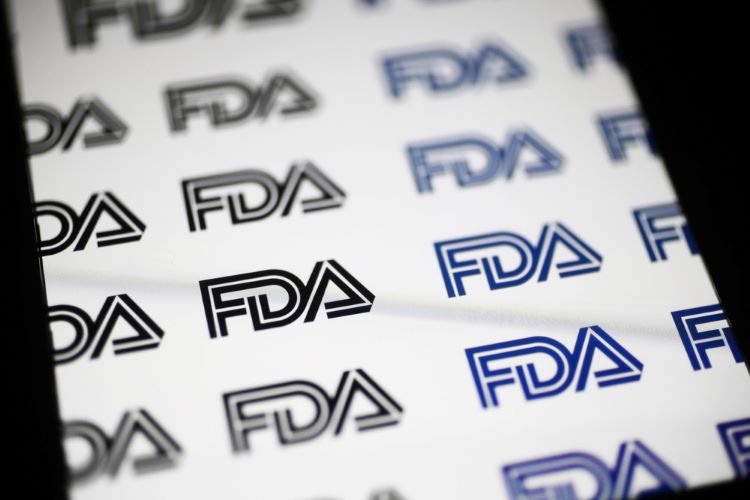Broad label FDA approval for phenylketonuria drug
Posted: 31 July 2025 | Catherine Eckford (European Pharmaceutical Review) | No comments yet
Alongside Phase III data demonstrating significant efficacy in the rare disease, the FDA’s decision could position the small molecule as a future standard of care.


Credit: Jeppe Gustafsson / Shutterstock.com
The US Food and Drug Administration (FDA) has approved a new drug for the rare metabolic disease hyperphenylalaninemia in individuals with sepiapterin-responsive phenylketonuria (PKU).
Sephience™ (sepiapterin) is indicated to treat adult and paediatric patients aged one month of age and over, to be used in conjunction with a phenylalanine (Phe)-restricted diet.
Phenylketonuria affects the brain and is caused by a toxic build up of Phe in the body. This condition results from a defect of a gene that helps to produce the enzyme needed to break down phenylalanine, an essential amino acid. Sephience can effectively reduce blood phenylalanine levels, according to PTC Therapeutics.
This FDA approval of sepiapterin is based on evidence of significant efficacy and safety seen in the Phase III APHENITY trial, as well as the durability of Sephience observed in the long-term extension study of the clinical trial.
The European Commission authorised sepiapterin last month for individuals with phenylketonuria for all ages and disease severity. Ongoing reviews are in place for approval applications of the drug in other countries including Japan and Brazil.
Addressing unmet need in metabolic disease – FDA’s new authorisation of sepiapterin
The Sephience clinical data along with our expertise in launching rare disease therapies position Sephience to become the future standard of care [for phenylketonuria]”
“We are excited to have reached this important milestone for those affected by [phenylketonuria].
“The broad labelling reflects the potential of Sephience to meet the significant unmet need of PKU patients. The Sephience clinical data along with our expertise in launching rare disease therapies position Sephience to become the future standard of care,” shared Dr Matthew Klein, Chief Executive Officer of PTC Therapeutics.
This new approval by the FDA marks important progress in broadening treatment options for the estimated 58,000 individuals with phenylketonuria worldwide.
Symptoms of phenylketonuria include permanent intellectual disability, seizures, delayed development and memory loss, the company noted.
Related topics
Clinical Development, Clinical Trials, Data Analysis, Drug Safety, Industry Insight, Regulation & Legislation, Research & Development (R&D), Therapeutics







![Roche logo sign lit up [Credit: testing/Shutterstock.com].](https://www.europeanpharmaceuticalreview.com/wp-content/uploads/Roche-3-400x187.jpg)

